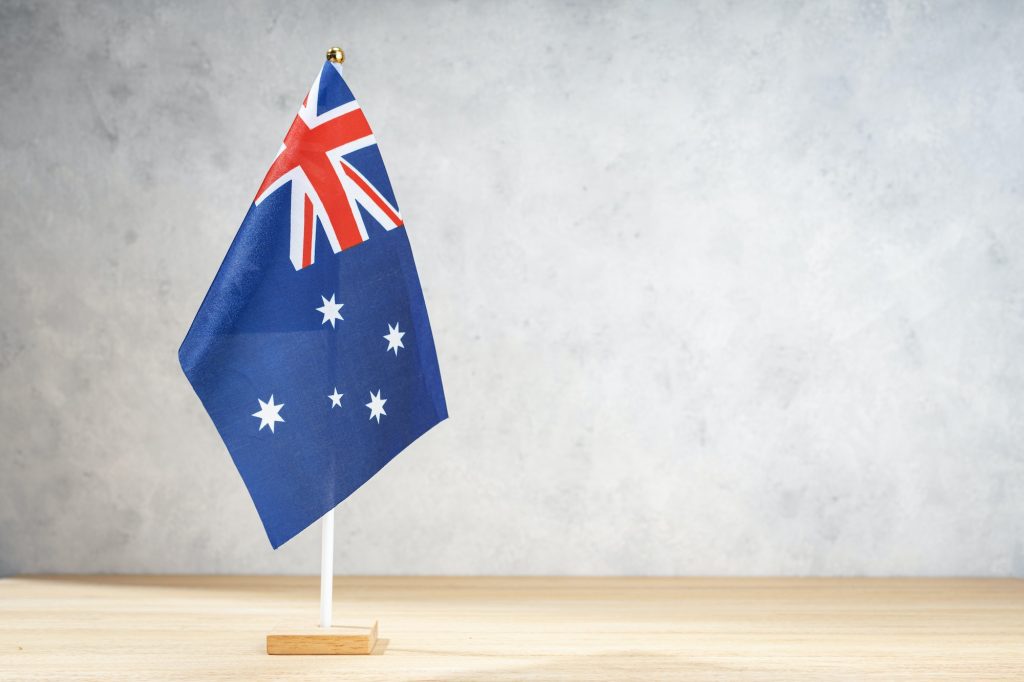
































The Albanese government in Australia is set to overhaul its draft bill addressing online misinformation and disinformation following widespread opposition. The proposed legislation, designed to empower the Australian Communications and Media Authority (ACMA) to enforce stricter content policies on social media platforms, faced backlash during public consultation.
Critics, including political parties such as the Coalition and One Nation and former LNP MP George Christensen, voiced concerns over potential constraints on free speech and insufficient safeguards for religious expression. The government has announced a delay in presenting the legislation to parliament until 2024 and intends to incorporate refinements based on public feedback, focusing on definitions, exemptions, and religious freedom.
Despite these changes, the Coalition remains fundamentally opposed to the bill, citing unresolved issues related to exemptions and free speech concerns. LGBTQ+ equality group Just.Equal Australia also criticized the inclusion of a religious exemption, suggesting it could worsen misinformation about the LGBTQ+ community.
Why does it matter?
In an era where digital platforms play a pivotal role in shaping public discourse, the government's attempt to empower the ACMA reflects broader global efforts to address the challenges of misinformation and disinformation. However, the concerns raised by critics emphasize the delicate balance required in crafting legislation that curtails the spread of false information and ensures the preservation of diverse perspectives and freedom of expression.
 Tags chauds:
Politique de contenu
La liberté d’expression
Tags chauds:
Politique de contenu
La liberté d’expression